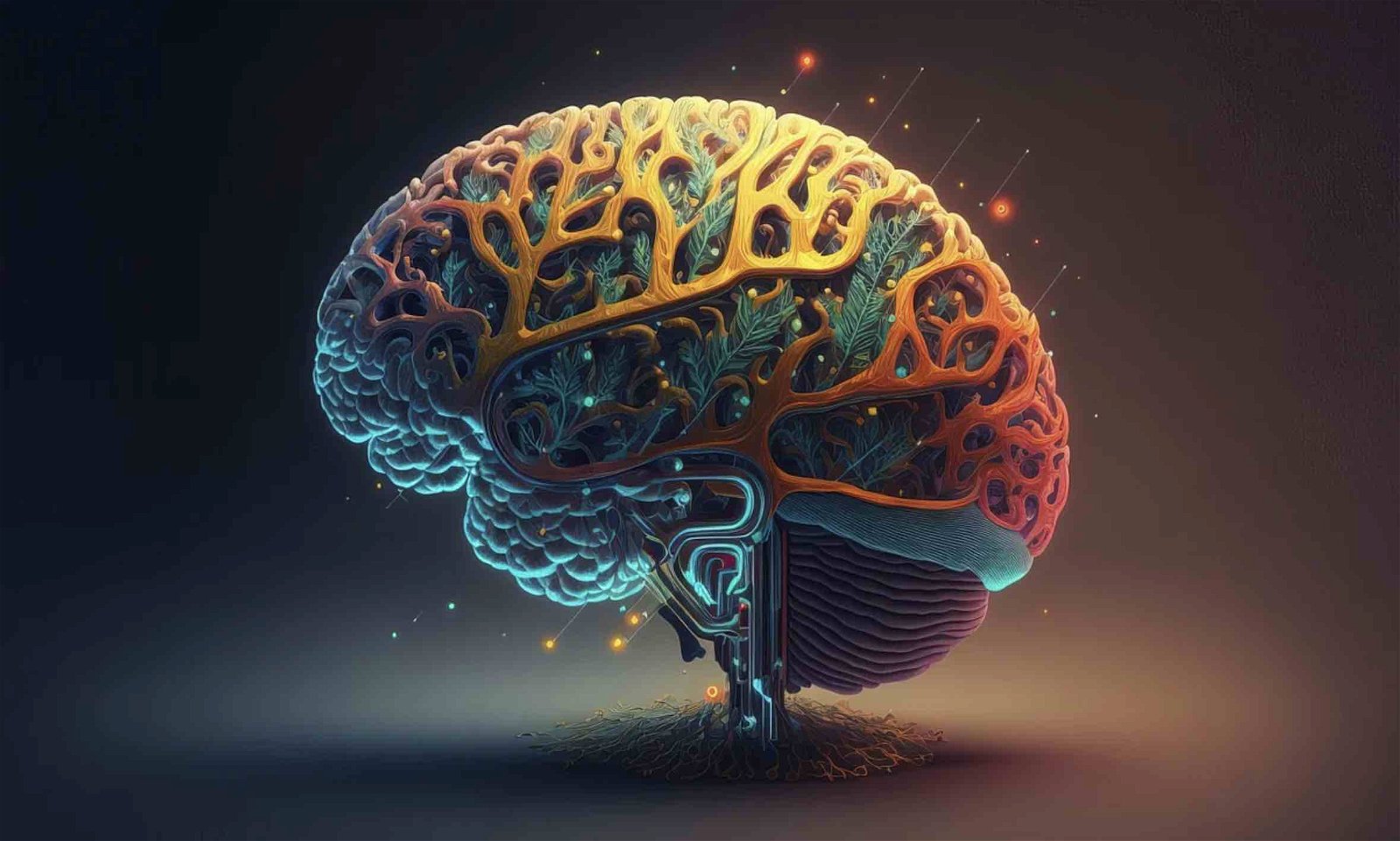There is a long history of self-delusion that we are at the top of the food chain. This includes the belief that Earth is at the physical center of the Universe and that the Universe was designed to include humans. However, since the 1960s, cosmologists have realized that carbon and oxygen were not included in the initial conditions of the Universe and were only added by nuclear fusion in the interiors of stars hundreds of millions of years after the Big Bang. The carbon-based chemistry of life-as-we-know-it in liquid water is, therefore, an afterthought, an unplanned pregnancy of an adult Universe that could not have given birth to life as a baby.
The human species arrived at Earth in the last part of ten thousand of cosmic history, equivalent to the last ten seconds in a full day. We are not at the physical center, and we arrived at the end of the party, so the party is not about us.
When I started my career in astrophysics forty years ago, it was common to consider the existence of Earth-mass exoplanets as an extraordinary notion. Now that exoplanets are known to be abundant, the existence of microbial life on them is considered an extraordinary possibility, and the search for extraterrestrial intelligence is regarded as the fringe of scientific practice with negligible federal funding. The search for microbes is more popular, partly because the possible existence of these organisms does not threaten our ego. In fact, microbes are also featured in our diet.
In the same vein, artificial intelligence (AI) is treated by many scholars today as fundamentally inferior to human intelligence. The leading linguist, Noam Chomsky, argued in a 2023 Op-Ed in the New-York Times that however useful machine learning programs like ChatGPT “may be in some narrow domains … we know from the science of linguistics and the philosophy of knowledge that they differ profoundly from how humans reason and use language. These differences place significant limitations on what these programs can do, encoding them with ineradicable defects… The human mind is not, like ChatGPT and its ilk, a lumbering statistical engine for pattern matching, gorging on hundreds of terabytes of data and extrapolating the most likely conversational response or most probable answer to a scientific question. On the contrary, the human mind is a surprisingly efficient and even elegant system that operates with small amounts of information; it seeks not to infer brute correlations among data points but to create explanations.”
Others point out that Large Language Models (LLMs) hallucinate. But I must confess that many of my summer interns hallucinate as well. Indeed, AI systems are made of silicon and might make trivial mistakes on some tasks while simultaneously demonstrating superhuman intelligence on other tasks. Once the number of connections in an LLM neural network exceeds the number of synapses in the biological neural network of the human brain, the artificial system is expected to be as unpredictable and fascinating as the human mind is. Our natural tendency to downplay the unfamiliar might postpone the moment at which we recognize superhuman intelligence. But that moment will eventually come.
The fact that humans refused to believe that the Earth moves around the Sun did not change the motion of the Earth around the Sun. As Galileo Galilei recognized: “Eppur si muove” (“And yet it moves”). The same may hold for our self-declared status at the top of the food chain. Here, counter-evidence might originate from the next generation of AI systems or from finding evidence for smarter extraterrestrials.
The Galileo Project team is searching under my leadership for objects near Earth that may have been manufactured by extraterrestrial technological civilizations and are currently in the form of space trash or functioning devices. A few months ago, I gave a keynote lecture in celebration of 550 years of the birth of Nicolaus Copernicus in his birthplace of Toruń, Poland, where I discussed the “Next Copernican Revolution” regarding the possibility that we are not at the intellectual center of the Universe.
The world news reports suggest that human intelligence has room for improvement. The fundamental question is whether we will first recognize superhuman intelligence through our encounters with ET or AI. The prospects are good that the encounter will happen, either way, in the coming decade.
When we realize that we are not the smartest entities who have lived since the Big Bang, we can find solace in the fact that we are not at the bottom of the food chain. Nevertheless, we need to make sure that we will not be on the “menu” of either ET or AI.
Avi Loeb is the head of the Galileo Project, founding director of Harvard University’s – Black Hole Initiative, director of the Institute for Theory and Computation at the Harvard-Smithsonian Center for Astrophysics, and the former chair of the astronomy department at Harvard University (2011-2020). He is a former member of the President’s Council of Advisors on Science and Technology and a former chair of the Board on Physics and Astronomy of the National Academies. He is the bestselling author of “Extraterrestrial: The First Sign of Intelligent Life Beyond Earth” and a co-author of the textbook “Life in the Cosmos”, both published in 2021. His new book, titled “Interstellar”, was published in August 2023.

